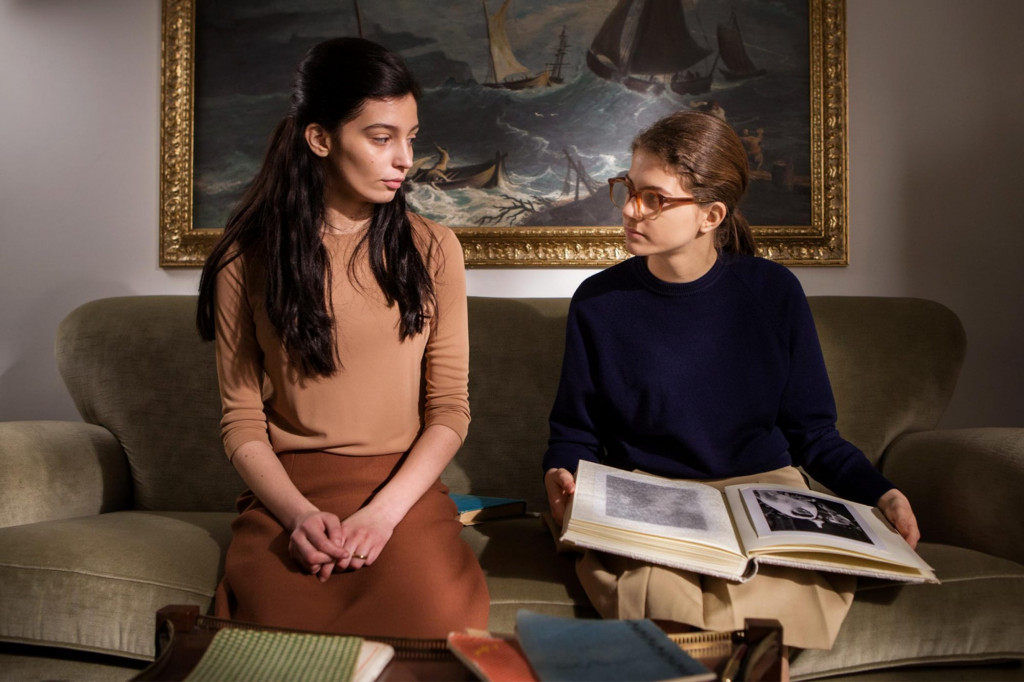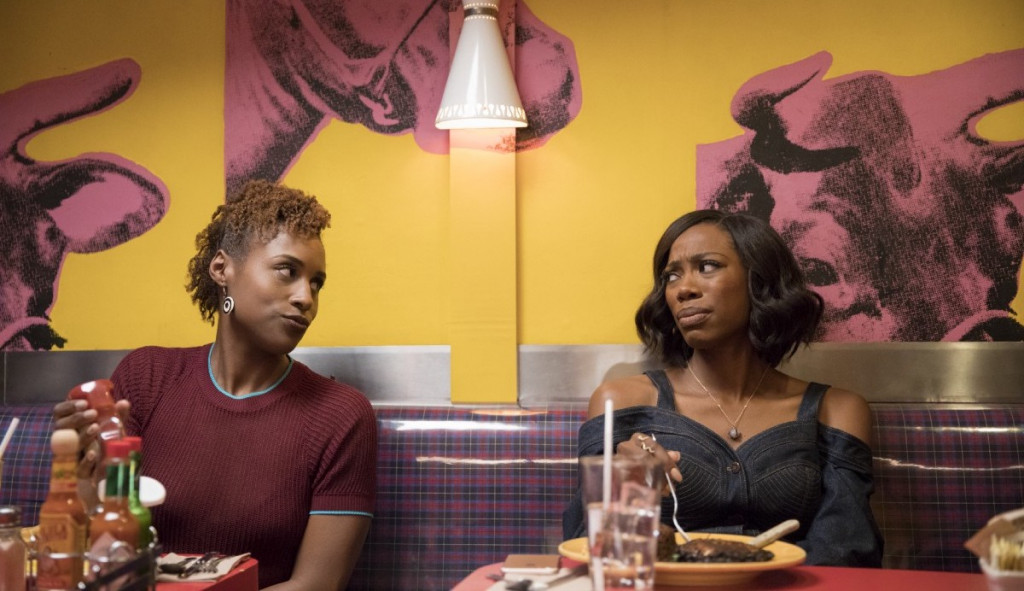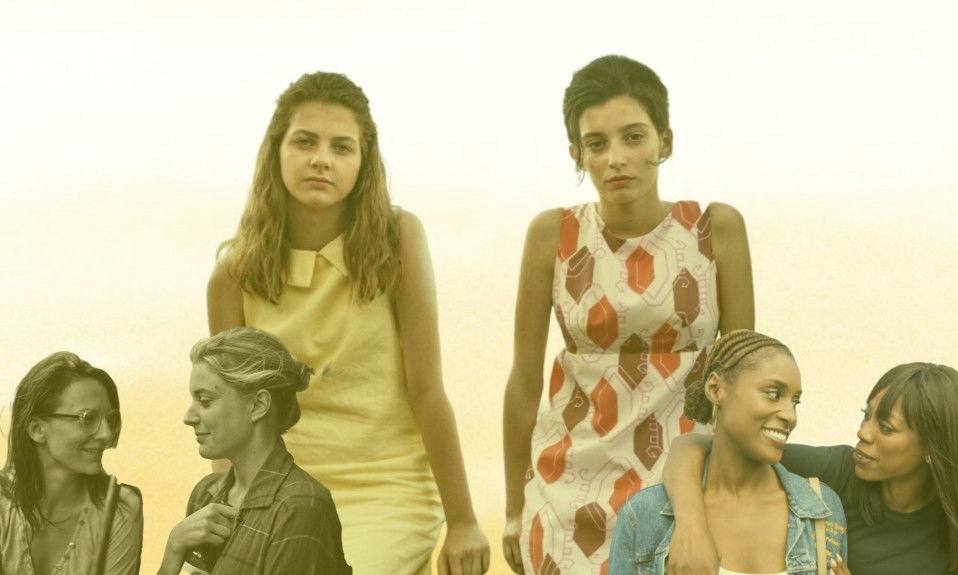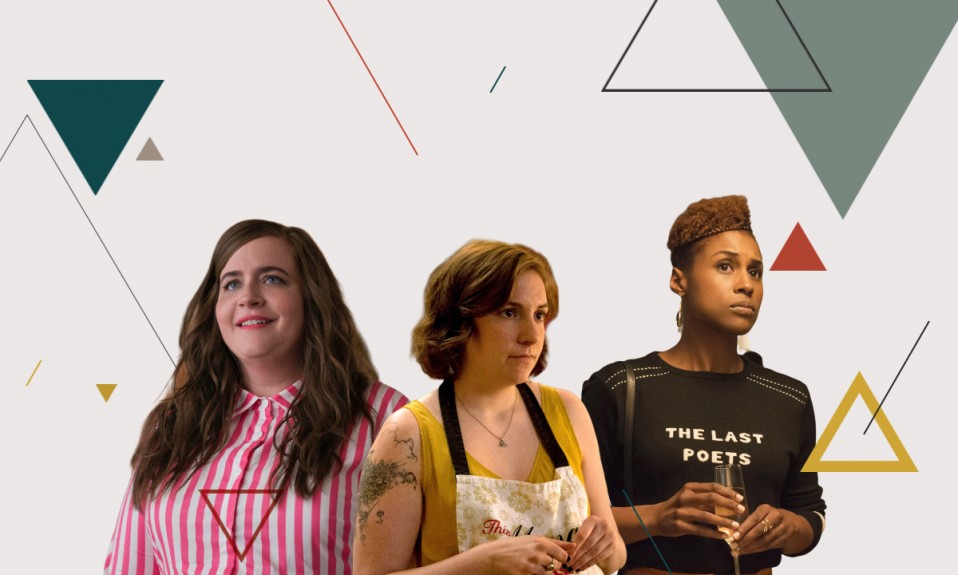Recently, through a somewhat convoluted series of events, I realised someone I used to be close friends with had removed me as a follower on Instagram. As I write this, I’m aware of the innate whiny-ness in those words, the teenage twang to them, but at the same time, in a way which language surrounding social media doesn’t seem able to, they don’t fully convey what was lost in that moment. Social media has become a form of lazy quasi-socialisation. Instead of talking to friends, catching up with them, we send Fire emojis in response to their Instagram stories, like their tweet about an embarrassing experience on the number 89 bus, and we think we’re keeping in touch. I hadn’t spoken to this friend in over two years, but I’d looked at her life unfold online and felt there was still a connection, a very tenuous one now broken.
In the opening of Elena Ferrante’s novel Those Who Leave and Those Who Stay – the third in her Neapolitan quartet – Lenù remembers the last time she spoke with her best friend, Lina. They were walking on a warm Italian night, a slight unease between them now that, to “regain old intimacy”, they would have to “speak secrets” to one another. “Too many bad things” have passed for them to be able to understand each other the way they once did, and so they exist in a strange middle ground, both known and unknown to each other. Yet, when Lina disappears without a trace, it is only Lenù who understands her reasons.
Ferrante’s novels have been adapted into a series for HBO, too. Seasons one and two focused on the first two books – My Brilliant Friend and The Story of a New Name – which covers the girls’ childhoods and their experience of growing into young women. The third series, currently in production after being delayed due to COVID-19, is set to adapt the third book, which sees the women approach motherhood and middle-age. As I watched the show, having read the books last summer, I was struck by how these two friends grow together because of, and despite, one another. How Lenù is always trying to understand Lina, while Lina resents Lenù for the opportunities she has. Still, they remain loyal, always drawn back to each other, even if their relationship is tricky and complicated.

Friendship, by its very nature, is complicated. It doesn’t have the same structural integrity as other relationships, lacks the societal respect of its relational cousins, and is often expected to be discarded, or, at the very least, subjugated when marriage and children come along. In the recent Friends reunion, co-creator Marta Kaufmann said the show had been about that period in your life “when your friends are your family”, but by the finale, that time was over. As the various characters retreat into their coupledom, the expectation they won’t see each other as much as they used to hangs in the air during the final frames.
The intricacies of a complex friendship make for fascinating TV and movies, even if society doesn’t give it its dues. In Noah Baumbach’s Frances Ha, which he co-wrote with its star Greta Gerwig, the narrative is driven by Frances’ inability to grasp her best friend Sophie’s life choices. She can’t understand, after years of being a pair, why Sophie is treating her like “a three-hour brunch friend”, considering Frances “held head while cried”, “bought special milk for ”, and knows where she hides her pills. They share a life, frames of reference, and intimacies way beyond that of a casual friendship. Yet Sophie is engaged to be married, is moving to Japan, is leaving their shared life for one with someone else – a guy who wears pre-distressed baseball caps and uses phrases like “I gotta take a leak”.

At one point in the movie, Frances describes what she wants in life. “It’s that thing”, she says, “when you’re with someone, and you love them, and they know it, and they love you, and you know it, but it’s a party, and you’re both talking to other people, and you’re laughing and shining, and you look across the room and catch each other’s eyes.” In that look, Frances sees a “secret world”, one that others can’t perceive. It’s a space of safety, a space that allows you to feel wanted, a look that confirms you are understood by its very existence. By the end of the movie, she shares a look just like this with Sophie as their eyes meet across a crowded afterparty, and all that exists between them sits in that glance.
Intimacy is essential to friendships; it’s often led me to say that friendships are romances without sex. You fall in love with a friend, learn their quirks, learn how to adapt to them, and learn how they feel about things before they do. In Issa Rae’s HBO show Insecure, its lead characters, Issa and Molly, turn their biggest fight into a codeword, a word that means honesty is required. In the first season, the two aren’t on speaking terms when they head off with friends to a beach house in Malibu. However, when it looks like Issa might be able to reconnect with Lawrence – her ex-boyfriend for whom she still feels something – and needs to head back to the city, Molly is the only one sober enough to drive her. Heading back, Molly and Issa unload their resentment, are open and fully truthful. From here on out, the two use the phrase “Malibu” to indicate they’re being 100% honest with each other, and that there are no pretences between them.
In the fourth season of Insecure, Molly and Issa’s relationship falls apart. By the end of Frances Ha, Frances finally has her own apartment and is, for the first time, genuinely independent; her relationship with Sophie changed but still present. If Ferrante is to be believed, some friendships will last many decades (and four novels), shifting and changing as time goes by. At the start of that third novel, Lenù and Lina haven’t spoken in some time. I, at the time of writing, find myself somewhere in the same position. Now, this friend and I will exist in a more traditional sense, in the passing comments of mutual friends. These mentions come unexpectedly now, from different places, with no control over how or when. They trigger memories; the time we came home drunk as her parents were leaving for the airport at 4am, the nights we watched lousy TV and ate junk food for hours, or the places around our town where we would meet for cigarettes late at night. Old friends haunt our conversations and our cities.

Last weekend, I went camping with some friends and their family when the subject came up. As it turned out, I was not the only one to be removed. We talked at length about whether our feelings were due to an active rejection. After all, we weren’t doing anything to save that relationship – if it could be saved – before we realised what had happened. Yet we went round in circles on what to do next; send a text, leave it alone, invite her over one weekend, forget all about it. It wasn’t until my friend’s mum said that if we had to debate it this long then maybe it wasn’t worth holding on to that we all went silent and watched the smoke from the campfire merge with the air.
If my friend, like Lina, wanted to disappear from certain people, that was her prerogative; if she thought that lazy socialisation was too superficial to maintain, that too was her call. Still, like Lenù, I find myself wondering about the last time we spoke, about the things I do and say that were forged with her during our teenage years and early twenties. Just like the smoke from the campfire, people can linger in our actions and our words, in our clothes and on our skin. Sometimes all we can do is wait for it to settle, to see what can be salvaged.
Also Read: How Film Changed Me: On Distance












